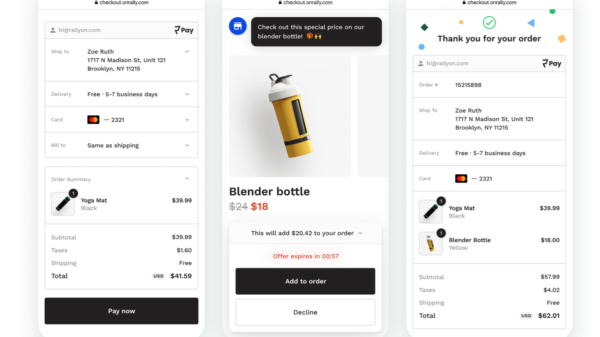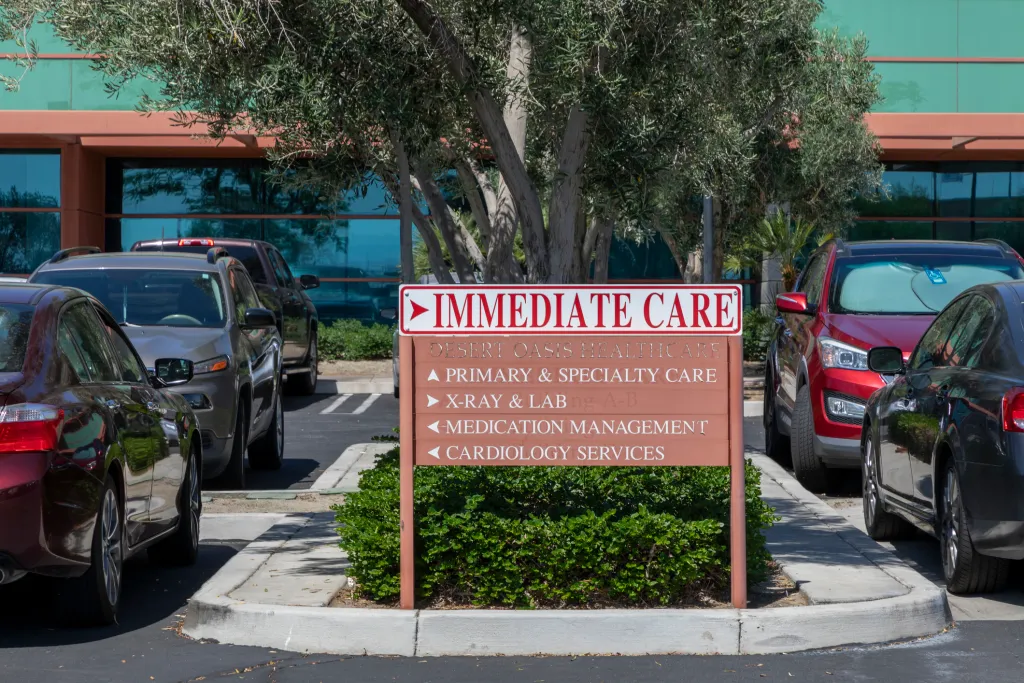California is a national leader when it comes to providing health care coverage to low-income residents. The state was one of the first, in 2014, to expand Medicaid — known in California as Medi-Cal — under the Affordable Care Act, which allowed millions of previously ineligible low-income adults to qualify for the program.
Since then, California has expanded the program to people without legal immigration status — first to children in 2016, then to young adults in 2019, and most recently to adults 50 and older. Gov. Gavin Newsom has committed to covering all remaining eligible adults by 2024.
These expansions are a major step towards health equity in California, steps I’ve advocated for. But expanding health coverage is only the beginning. Now it’s time for California to lead the way again by shoring up quality and access within the system.
A third of Californians rely on Medi-Cal for health care. But actually getting that care is difficult for many, according to Jose Torres, policy and legislative advocate with Health Access California, a statewide health care consumer advocacy organization. Patients often can’t find Medi-Cal providers in their neighborhoods and have to travel unacceptable distances to get care, he told me. Many also face difficulties finding providers that speak their language or who understand their culture, a factor that worsens racial disparities in health care.
The result is that even though they have health coverage, access to care is often second-rate and serves to perpetuate health disparities. Due to societal inequalities, people of color are disproportionately low-income and enrolled in Medi-Cal.















































